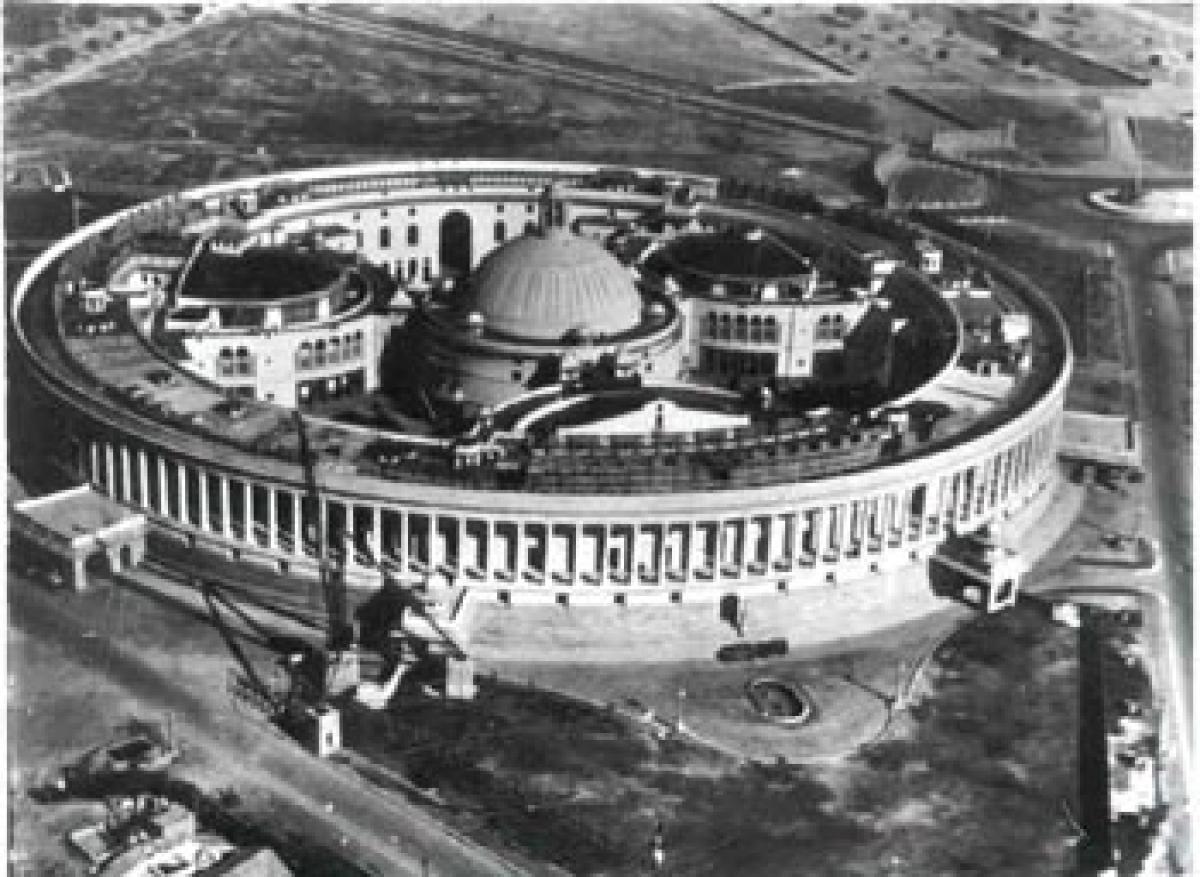Live
- Delhi's Air Quality Hits "Severe" Levels: Key Updates
- Top diplomats of South Korea, Japan hold talks on sidelines of APEC summit in Peru
- CATL Chairman Doubts Elon Musk's 4680 Battery Will Succeed
- PM Modi Pays Tribute to Birsa Munda on His Birth Anniversary, Marks Janjatiya Gaurav Divas with Special Visit
- Actor Suriya’s ‘Kanguva’ Leaks Online Hours After Theatrical Release
- Chandrababu's Andhra Pradesh Investment & Job Creation Plans (BN) for Industrial Growth
- Shankar’s daughter Aditi Shankar set to debut in Tollywood
- AR Rahman’s ‘Aadujeevitham’ Music Nominated Twice at 2024 Hollywood Awards
- NBK’s action drama ‘Daaku Maharaaj’ unveiled with power-packed teaser
- Nehru’s services unforgettable : Veerlapalli









